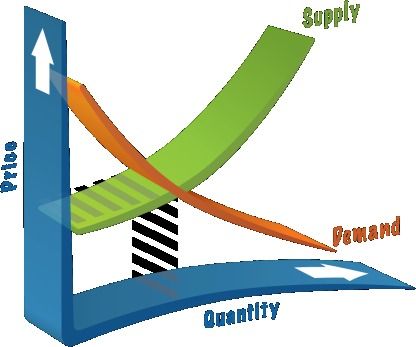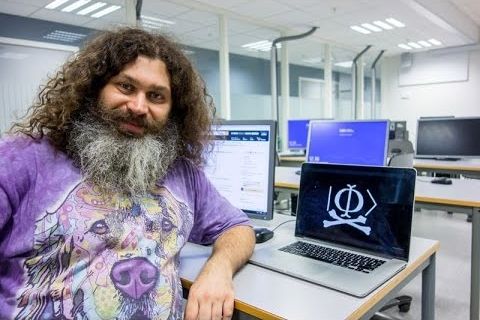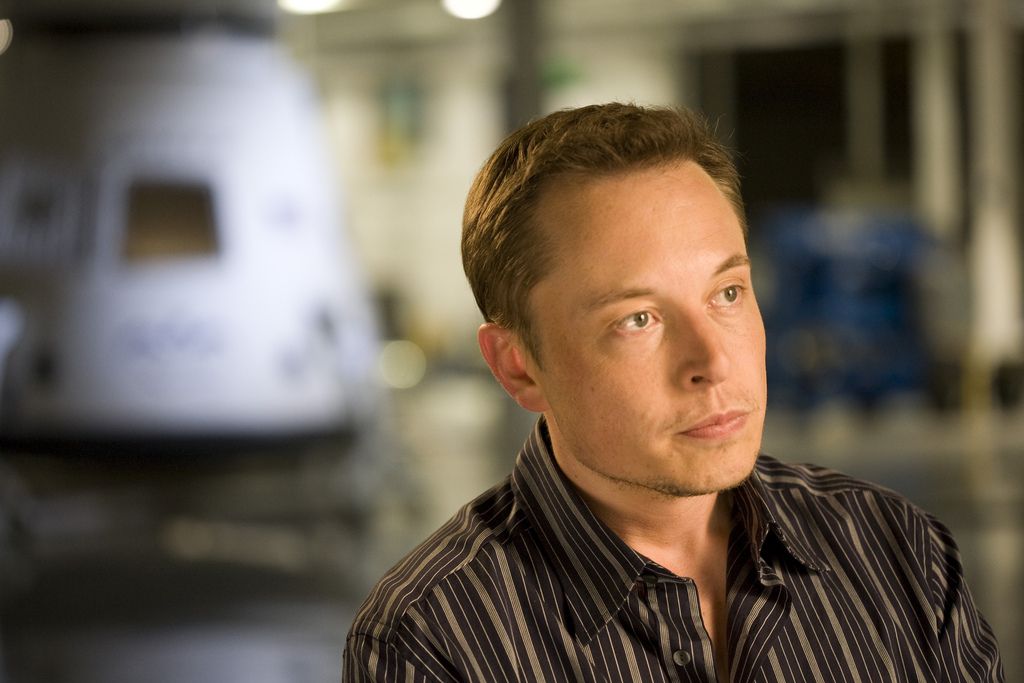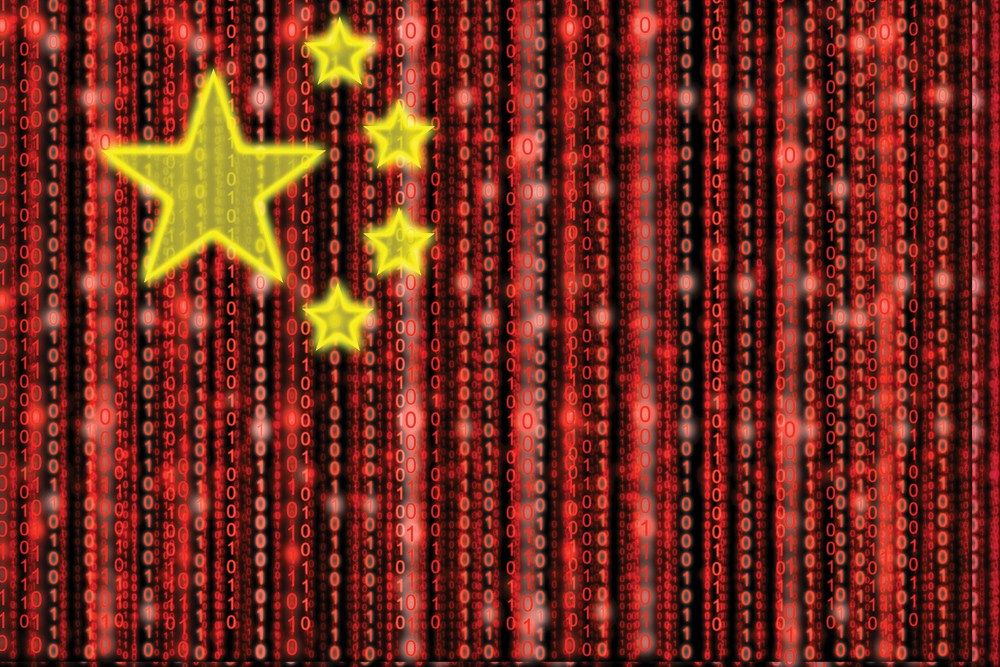QC in the mainstream is definitely viable less than 7 yrs. and possible within 5 yrs. However, I have a friend who even believes we’re looking at 3 years.
Internet security, once considered to be strictly in the domain of the wonkiest tech experts, has become central to public discourse over the past year. Besides the attacks on the DNC, even tech savvy business like Snapchat, Oracle and Verizon Enterprise Solutions have had significant breaches in the last year.
For the most part, these attacks were preventable. Often, hackers use a technique called social engineering, to trick people into allowing them into a system. Other times, they exploit a vulnerability in software to give them access to confidential data. In most cases, more stringent procedures can prevent attacks.
However, there is a more serious crisis coming. In five to ten years, we are likely to see quantum computers that are so powerful that they are able to break even the strongest encryption in use today. That means that soon, even our most vital and well protected data will be at risk. So if you want to protect your businesses, you should start preparing now.


 It’s common to associate deflation with economic ills. One need only glance back at the the last century to conclude that deflation coincides with wars, joblessness, recession and a crippling concentration of wealth. Perhaps, just as bad, the tools used to pull a nation out of deflation often force governments to cherry pick beneficiaries of stimulus spending.
It’s common to associate deflation with economic ills. One need only glance back at the the last century to conclude that deflation coincides with wars, joblessness, recession and a crippling concentration of wealth. Perhaps, just as bad, the tools used to pull a nation out of deflation often force governments to cherry pick beneficiaries of stimulus spending.






